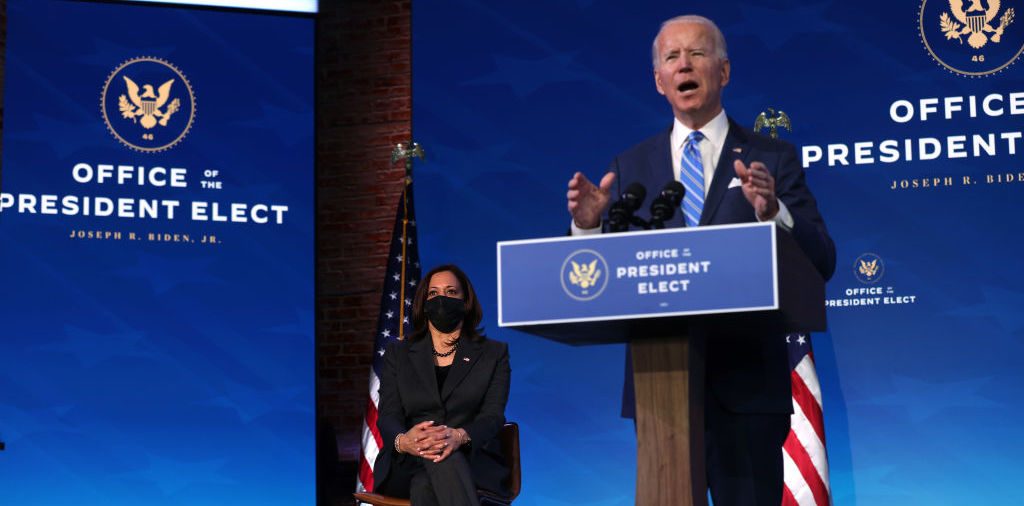Biden’s relief plan includes $350 billion for local and state government
President-Elect Joe Biden announced a $1.9 trillion relief plan Thursday to combat the COVID-19 crisis and the economic downturn it has caused.
In addition to $400 million to combat the pandemic specifically, the proposal includes $350 billion for state, local and tribal governments that would help them to bridge budget shortfalls, help public works maintain employees, test for COVID-19 and distribute the vaccine and reopen schools. There also is another $20 billion for public transit systems, according to Bloomberg Law.
This news was welcomed by local governments, who are facing tough budgetary decisions, as reflected in a July 2020 American City & County reader survey addressing local government budget priorities. At the time, 36.17 percent of responders predicted revenue shortfalls of anywhere from 11 percent to 25 percent, and 8.51 percent predicted shortfalls of more than 25%. Eighty-five percent of responders said they would address those shortfalls by tightening spending.
In a statement, Clarence Anthony, CEO and executive director of National League of Cities (NLC) said: “We are especially encouraged by President-elect Biden’s inclusion of $350 billion in direct aid to state and local governments in this rescue package. Delivering direct, flexible aid to local governments across the country is an essential step to fueling our nation’s economic recovery and will offer local officials and their communities the resources they need as they manage mounting costs and increasing demands on local government resources to protect their residents.”
At the time of the AC&C survey, 42.25% of responders reported their governments had not received any funding from the CARES Act that was passed in March 2020 in response to the economic fallout from the COVID-19 pandemic.
The prospect of $350 billion in much-needed funds for state and local governments was also praised by the U.S. Conference of Mayors (USCM). In a statement, Greg Fischer, USCM president and mayor of Louisville, Ky., said: “The president-elect understands that we cannot leave American cities behind as people’s lives and livelihoods are at stake. Cities continue to be on the frontline of fighting the pandemic. Providing direct, flexible aid to cities is the most efficient and immediate way for Congress to help families across the country who have been suffering for far too long. We would welcome investments in our local public health infrastructure to expedite vaccine distribution and expand testing and tracing, which will ultimately save lives. We are grateful for the proposed assistance for individuals and families that will help relieve the income, housing, and food insecurity that burdens millions of households, now and in the future.”




















